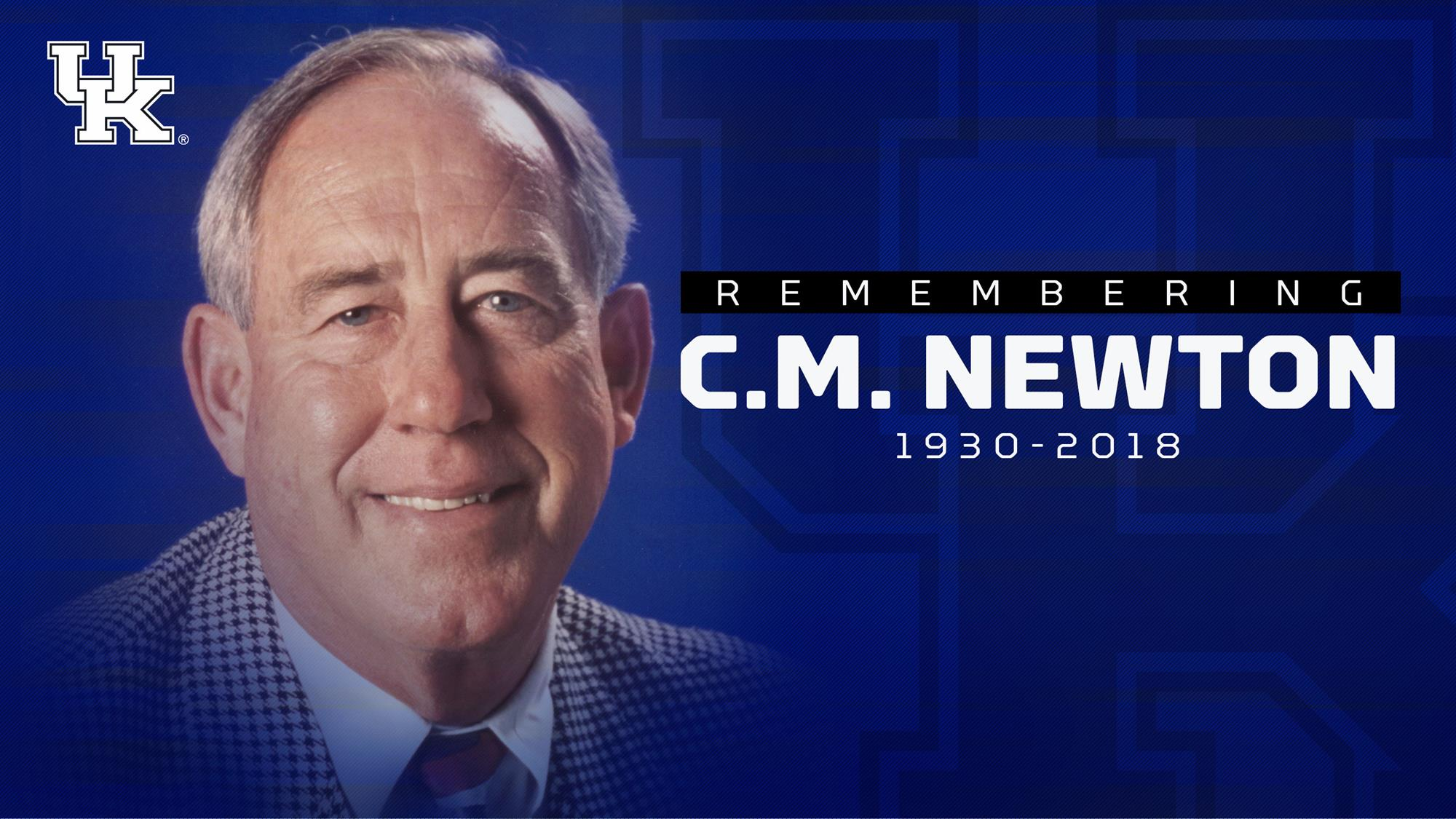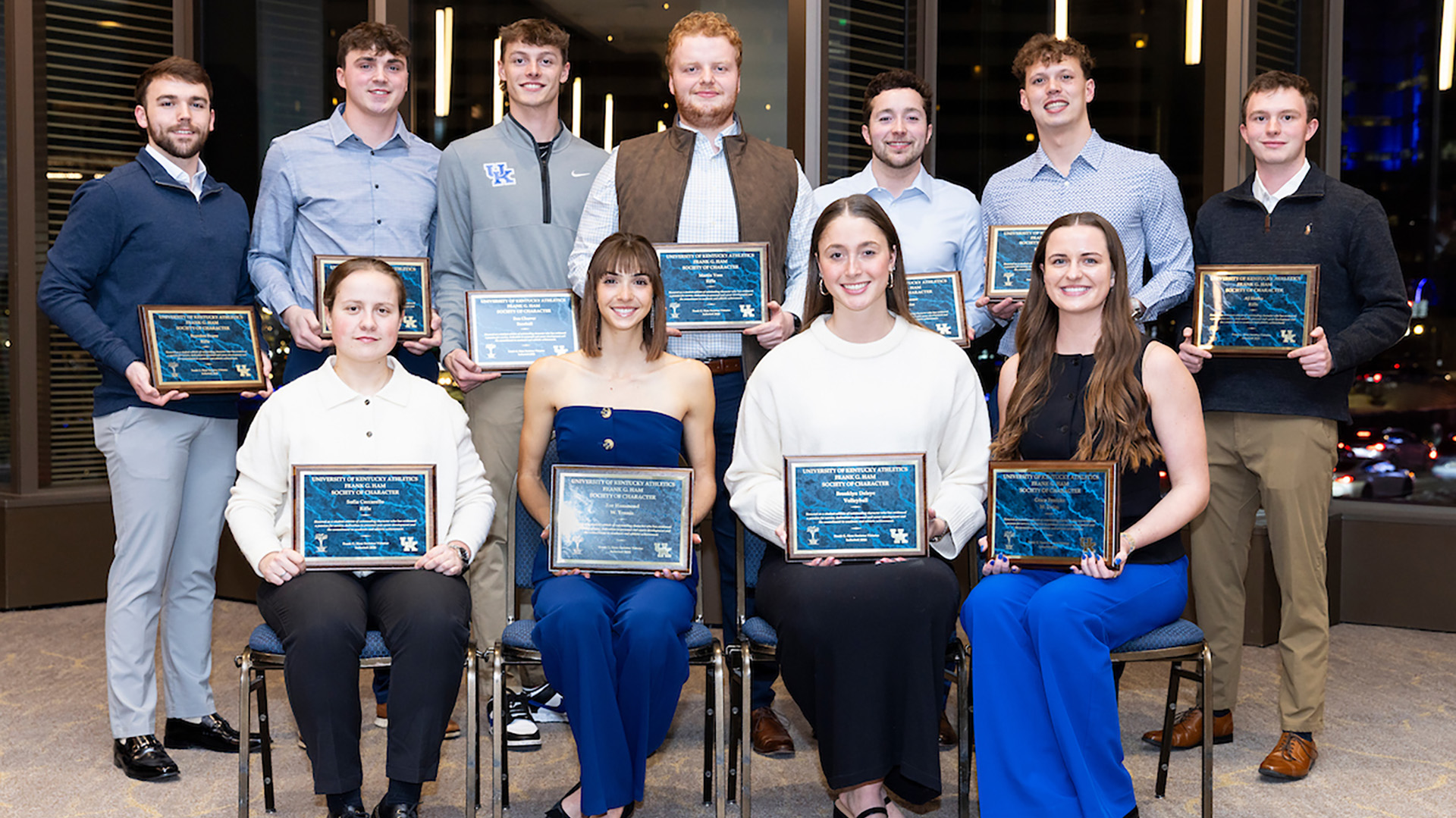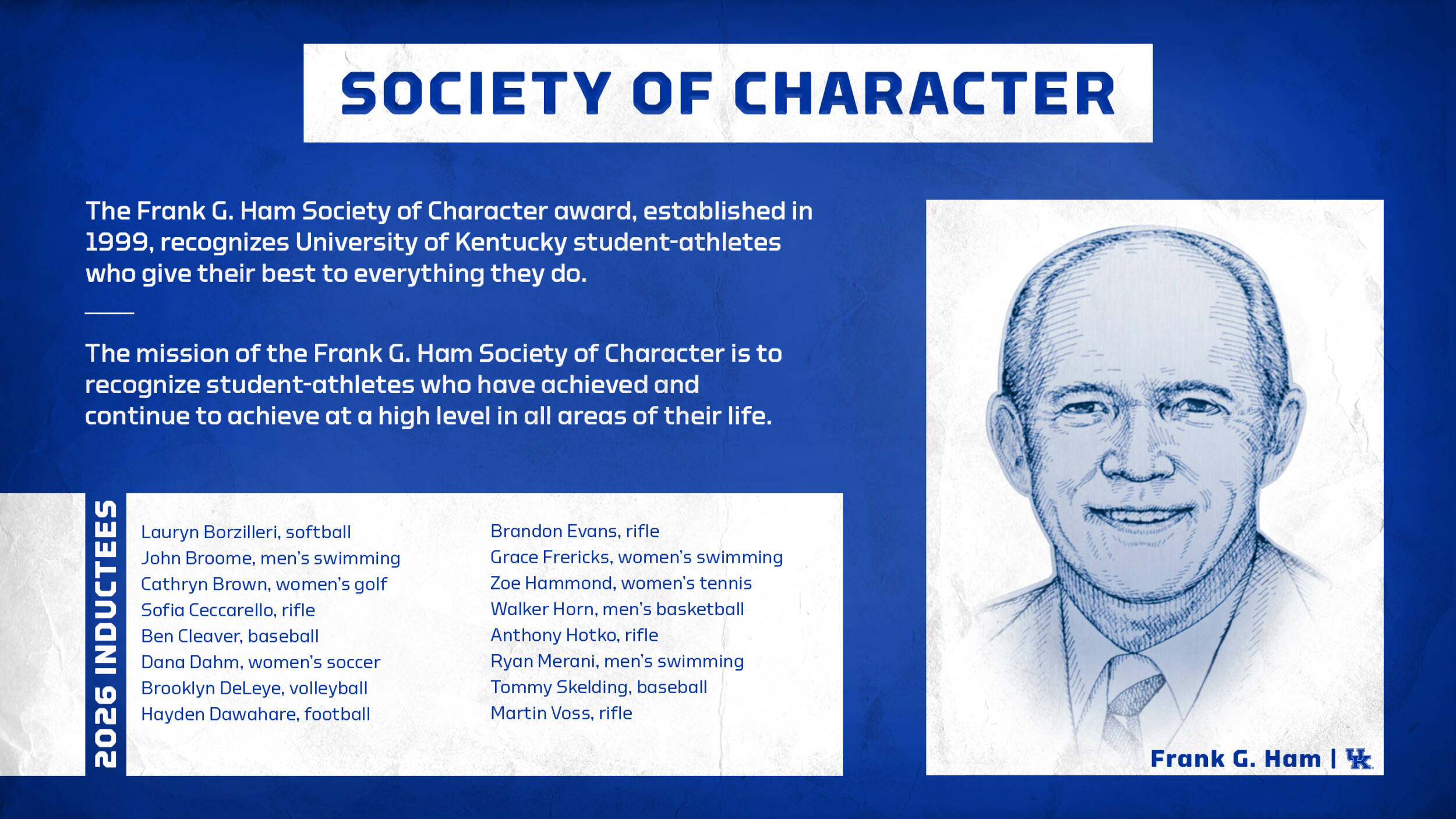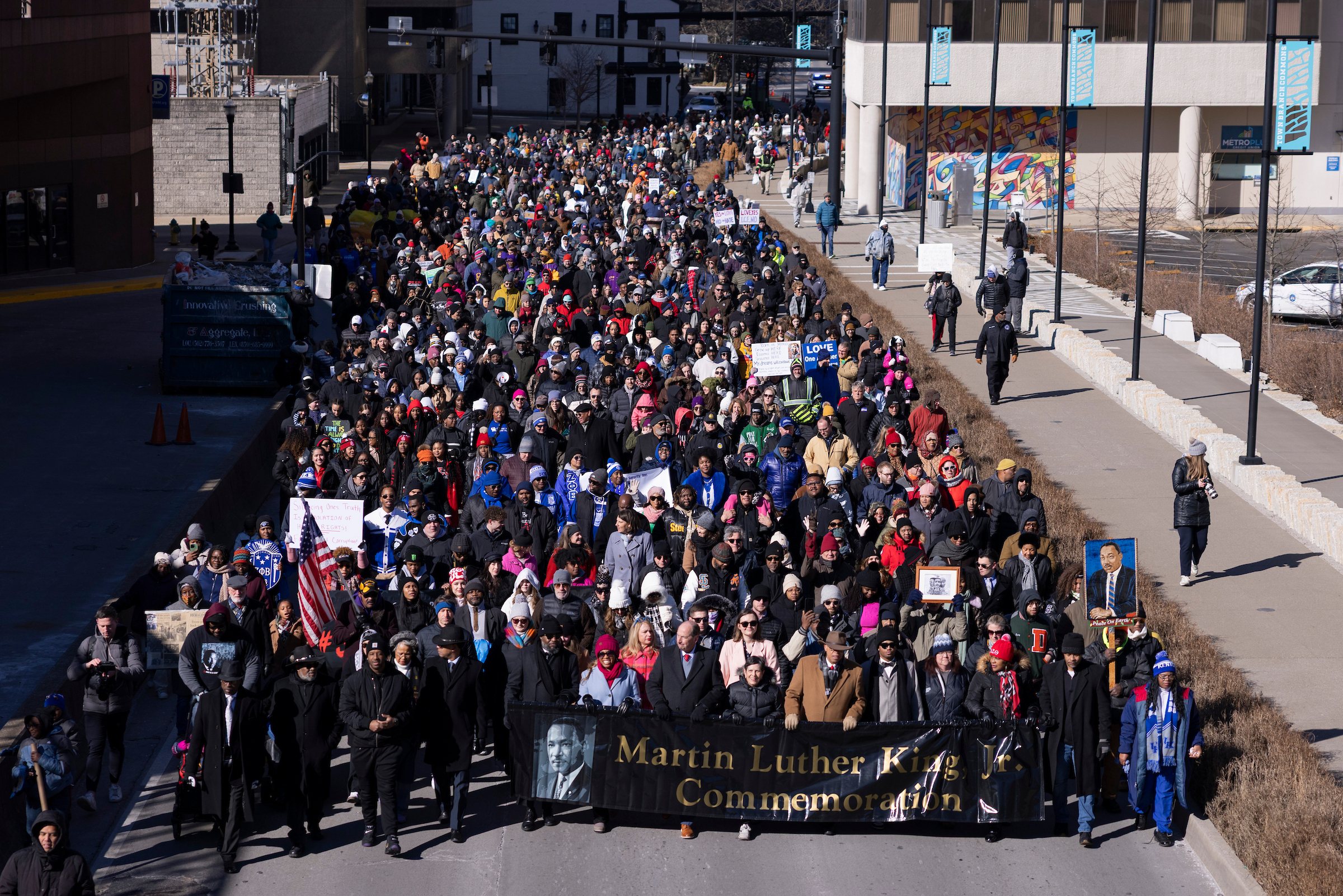
C.M. Newton Passes Away
LEXINGTON, Ky. – C.M. Newton, former student-athlete and director of athletics at the University of Kentucky, passed away Monday in Tuscaloosa, Alabama. He was 88.
“C.M. Newton is a giant in the history of the University of Kentucky, the Southeastern Conference and in the sport of basketball,” said current UK Athletics Director Mitch Barnhart. “As a student-athlete, he was a national champion basketball player and star baseball pitcher. He returned to his alma mater when he was needed most and provided stability, leadership and growth for UK Athletics for more than a decade. His coaching accomplishments and honors at Transylvania, Alabama and Vanderbilt speak for themselves.
“His contributions to the sport of basketball continue to this day. As chairman of the NCAA rules committee, he introduced the shot clock and the 3-point shot. For decades, he worked tirelessly to promote international basketball and was well-rewarded by his election to the Naismith Hall of Fame.
“Most of all is the impact he had on thousands of people as a coach, mentor and friend. He understood what it meant to be a servant-leader and will be dearly missed. Our condolences and best wishes go out to his wife, Nancy, his children Deborah, Tracy and Martin, and the family and friends.”
A native of Rockwood, Tennessee, Charles Martin Newton grew up in Fort Lauderdale, Florida. His collegiate career began at Kentucky, where he was a basketball forward and baseball pitcher from 1948-51. He was a letterman on Coach Adolph Rupp’s 1951 national champion basketball team and eventually went on to pitch in the minor leagues for the New York Yankees. However, upon the arrival of his two daughters, C.M. decided to retire from baseball.
Newton served as a lieutenant in the United States Air Force before going into coaching. He was head basketball coach at Transylvania, Alabama and Vanderbilt, winning more than 500 games and several championships while receiving numerous coach of the year honors.
Newton served as athletics director at UK from 1989-2000. His term as AD was marked by the addition of three sports – men’s and women’s soccer and softball – expansion of facilities and growth in revenues in response to the increasing financial pressures of college athletics.
Facility growth during Newton’s term included expansion of the football stadium (now known as Kroger Field, with the playing surface named C.M. Newton Grounds in his honor), expansion of the baseball stadium, acquisition of a golf course, construction of the soccer/softball complex, a new tennis stadium and construction of the Nutter Field House. Newton developed athletics revenues from $11.6 million during his first year to $36 million in his final year.
Arriving at UK during a troubled time for the men’s basketball team, Newton’s hiring of Rick Pitino rejuvenated the program, eventually leading to a national championship in 1996 and then another NCAA title in 1998 under Orlando “Tubby” Smith. Newton’s hiring of Smith and Bernadette Mattox marked the first two African-American head coaches for UK men’s and women’s basketball.
Despite the time demands of being an athletics director, Newton also made Kentucky prominent by his service on the national and international levels. He was a member of the NCAA Division I Men’s Basketball Committee from 1992-99, and as chairman in 1998, had the pleasure of handing the national championship trophy to Smith. In 1998, a survey by the San Antonio Express-News proclaimed him “the most powerful man in college basketball.”
Newton was president of USA Basketball from 1992-96, overseeing the creation of the original U.S. Olympic “Dream Team” of NBA players in 1992. He was chairman of the NCAA Basketball Officiating Committee from 1992-95 and was a member of the FIBA (international basketball) Central Board for many years.
Over the years, Newton became known as a pioneer of racial integration. In addition to the hiring of Smith and Mattox at UK, Newton also recruited the first African-American basketball players at Transylvania and Alabama.
Newton was chairman of the NCAA Basketball Rules Committee from 1979-85. It was during his term on the rules committee that the two most important rules changes of the modern era – the shot clock and the 3-point shot – came into existence.
Newton received numerous accolades over the years. In addition to being named SEC Coach of the Year in 1972, ’76, ’78, ’88 and ’89, and NACDA Athletic Director of the Year in 1999, Newton was given the Naismith Award by the Atlanta Tipoff Club for his contributions to basketball; the John Bunn Award by the Naismith Basketball Hall of Fame for his contributions to the game; and finally, was an inductee to the Naismith Basketball Hall of Fame in 2000.
Newton is also a member of the National Association of College Directors of Athletics Hall of Fame, the College Basketball Hall of Fame, the (state of) Kentucky Athletic Hall of Fame, the Transylvania Athletics Hall of Fame, the University of Kentucky Athletics Hall of Fame, the UK College of Education Hall of Fame and the Ft. Lauderdale Sports Hall of Fame.
Newton’s first wife, Evelyn, passed away the same year he retired from UK. He married Nancy Watts and returned to Tuscaloosa in 2002. He continued to stay active as a basketball consultant for the SEC and other entities and he also helped coordinate the National Invitation Tournament (NIT) after it was acquired by the NCAA. Last year, he was the subject of an ESPN Films production, “Courage Matters: The C.M. Newton Story.”



